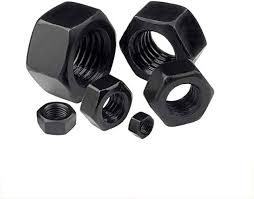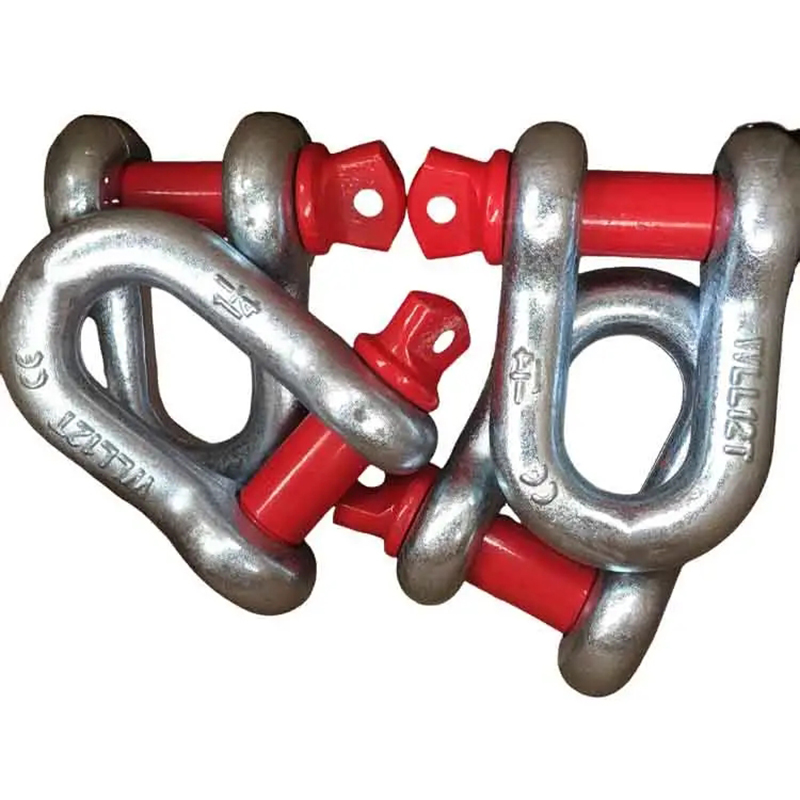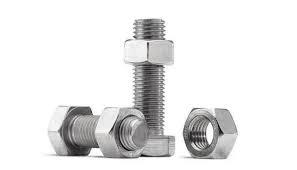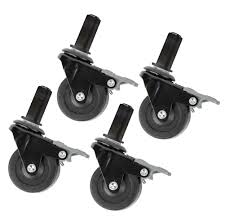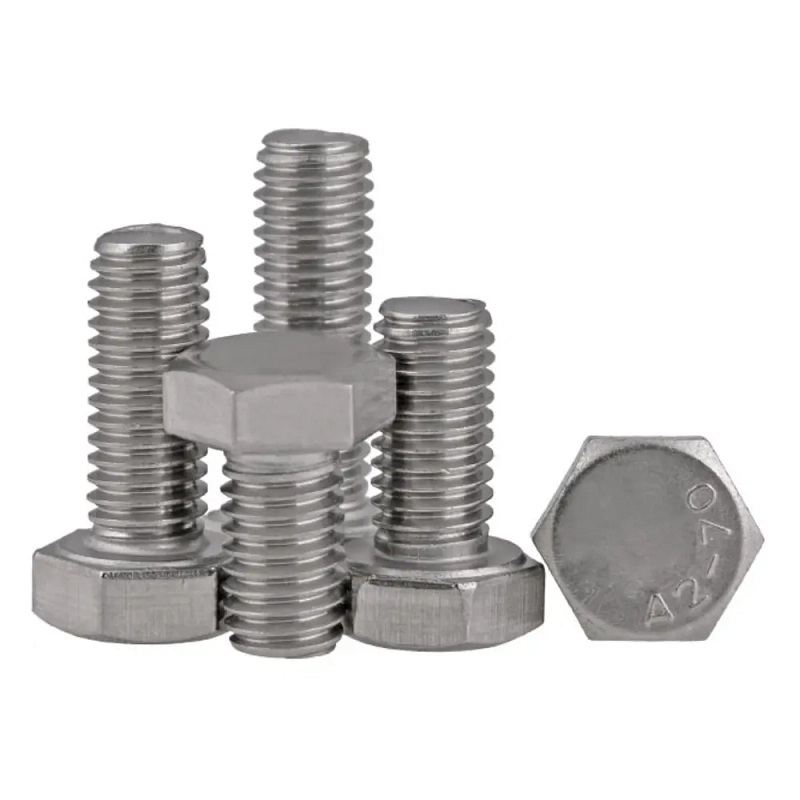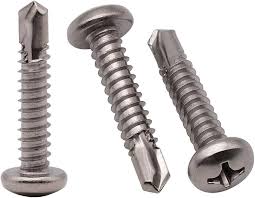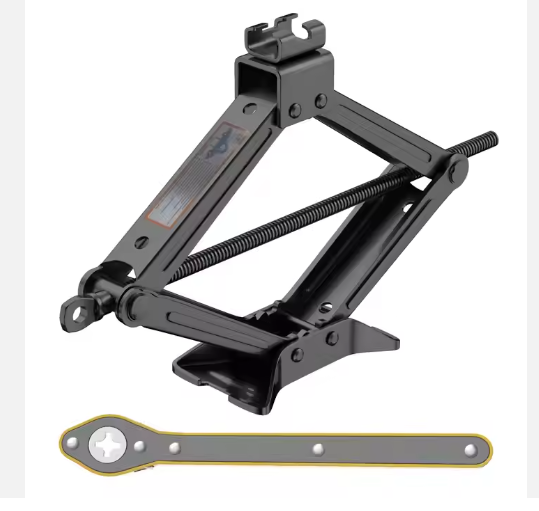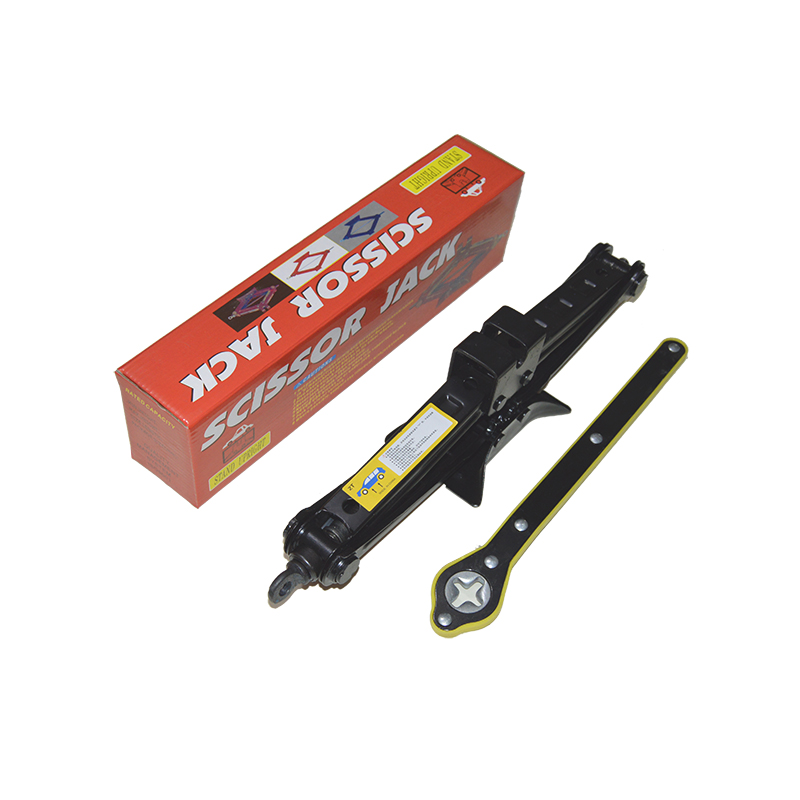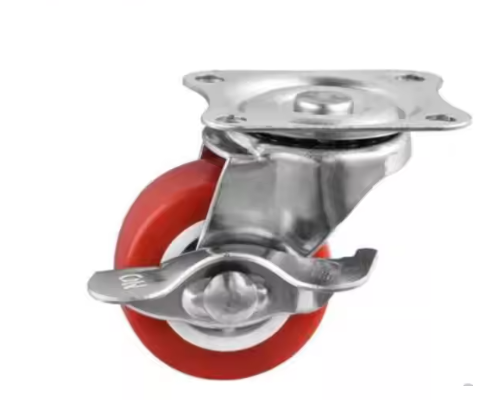

This comprehensive guide helps businesses and individuals locate reliable locknut exporters, covering factors to consider when choosing a supplier, types of locknuts available, and best practices for sourcing these critical components. Learn how to evaluate potential suppliers, understand product specifications, and navigate the international trade landscape to ensure a smooth and successful procurement process. This guide also provides insights into different types of locknuts, their applications, and how to find the perfect fit for your projects.
Before searching for a locknut exporter, clarify your specific needs. Consider factors such as the type of locknut required (e.g., hex, flange, weld, or other specialized types), material (e.g., steel, stainless steel, or brass), size and thread specifications, quantity required, and desired quality standards. Knowing these details will narrow your search and help you efficiently find the ideal supplier. Accurate specifications are paramount for avoiding costly mistakes and delays.
Ensure the locknut exporter you choose adheres to relevant industry standards and certifications. Look for certifications like ISO 9001 (quality management) to demonstrate a commitment to quality control. Depending on your industry and application, other certifications like RoHS (restriction of hazardous substances) might also be crucial.
Research potential locknut exporters thoroughly. Check their online presence, reviews, and testimonials. Look for a history of successful transactions and positive customer feedback. Contact multiple suppliers to compare prices, lead times, and service offerings. Request samples to assess the quality of their products.
Consider the supplier's production capacity, experience, and technological capabilities. A reputable exporter will have robust quality control measures and the ability to meet your specific requirements and timelines. Inquire about their manufacturing processes and their ability to handle large-volume orders if needed.
Understand the supplier's shipping methods and associated costs. Inquire about insurance options, delivery times, and tracking capabilities. Clear communication and reliable logistics are critical for a smooth transaction. Consider potential customs and import regulations as well.
Different types of locknuts cater to various applications. Understanding these differences is crucial for selecting the correct fastener for your needs. Some common types include:
| Locknut Type | Description | Applications |
|---|---|---|
| Hex Locknuts | Standard hex nuts with locking mechanisms. | General fastening applications. |
| Flange Locknuts | Feature a larger flange for increased surface area and vibration resistance. | Applications requiring high vibration resistance. |
| Weld Nuts | Permanently attached to the workpiece by welding. | Applications where permanent fastening is required. |
Table 1: Common Types of Locknuts
Thorough research and careful consideration of factors like quality, reliability, and logistics are essential for finding a suitable locknut exporter. Remember to request samples, compare quotes, and verify certifications to ensure a successful partnership. For a wide selection of high-quality fasteners, consider exploring Hebei Dewell Metal Products Co., LTD, a reputable supplier of various fasteners.
By following these guidelines, you can confidently select a dependable locknut exporter that meets your needs and contributes to the success of your projects.

